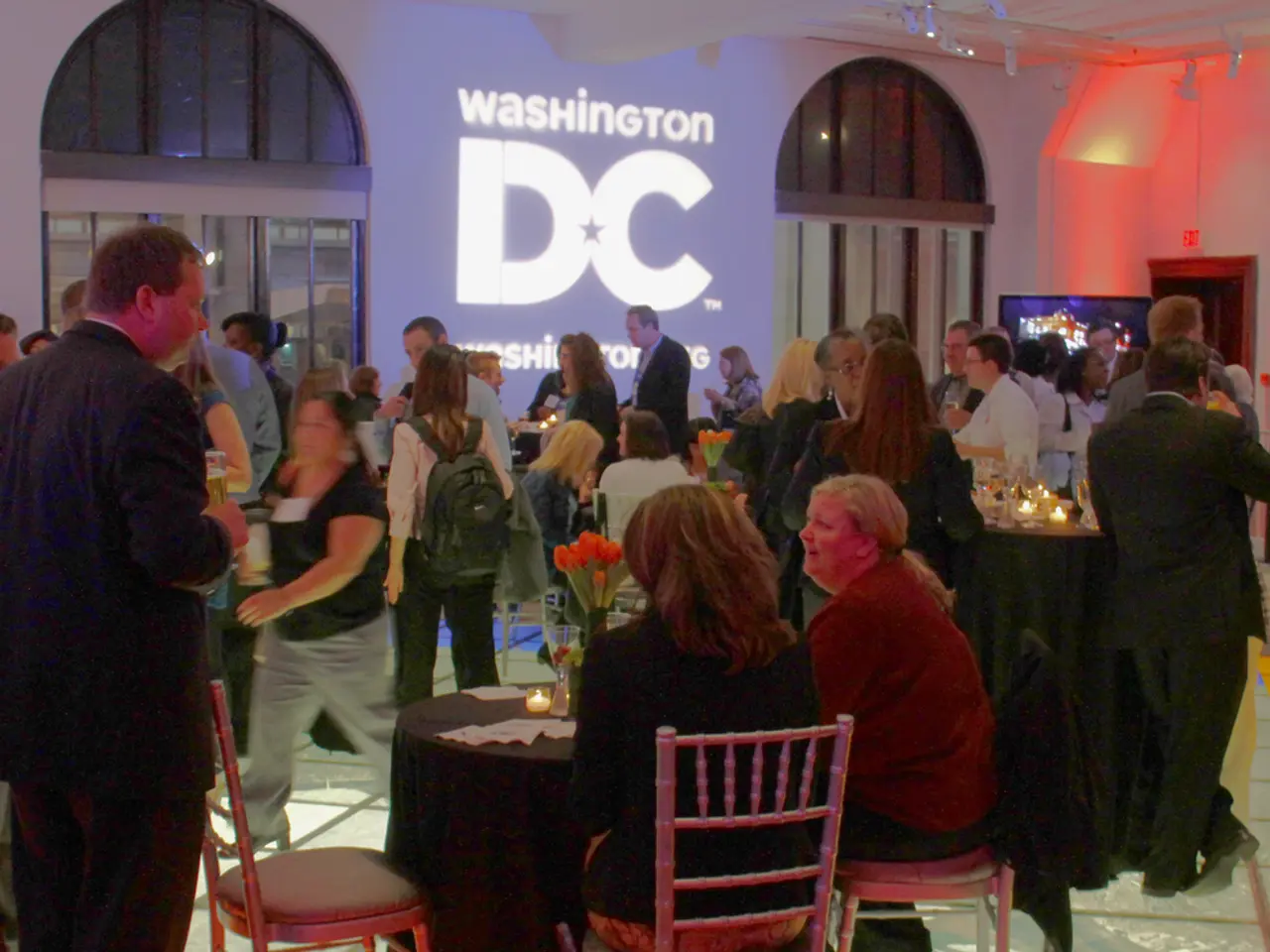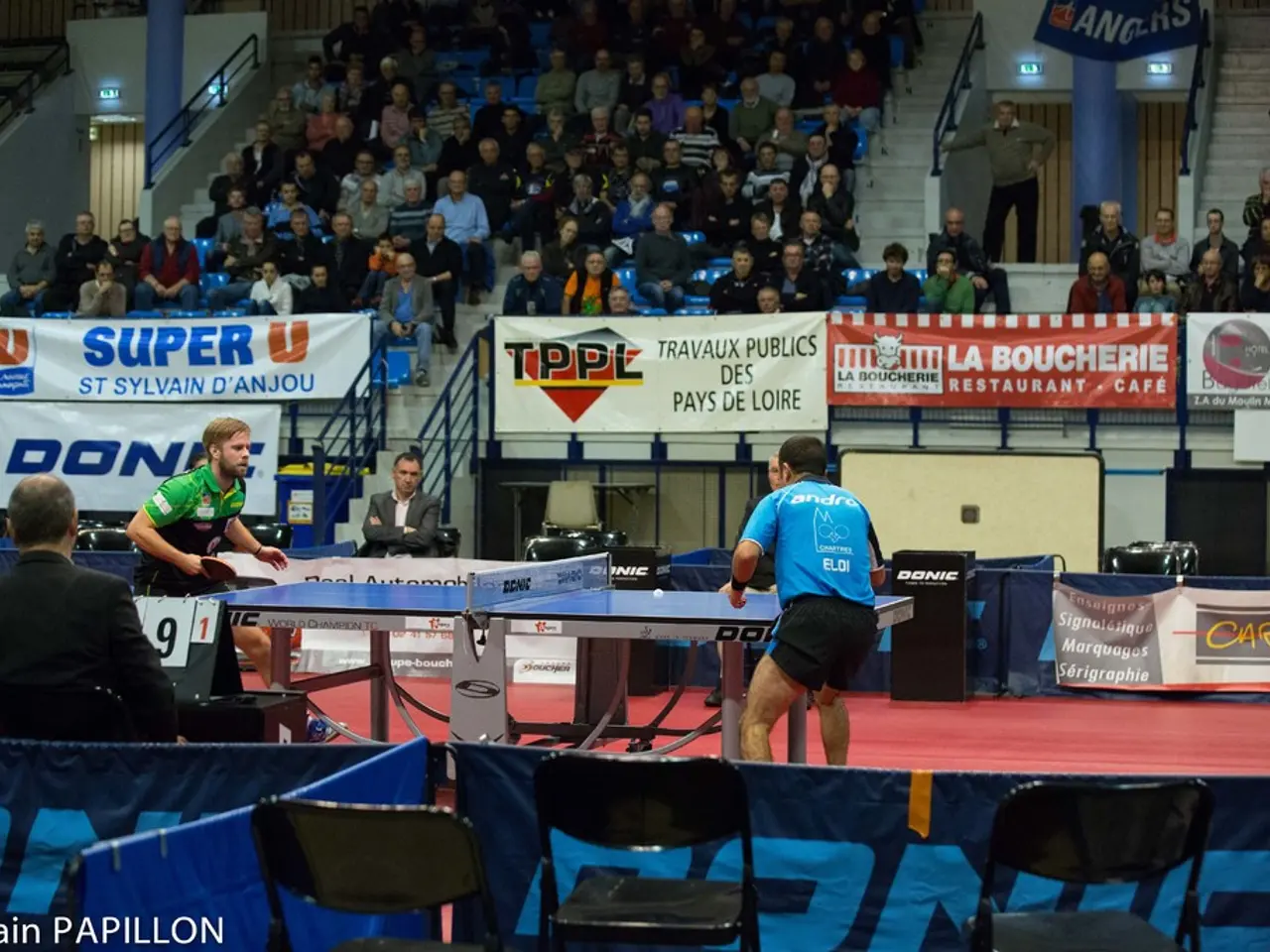Influencers Reportedly Compensated for Visiting Land-Based Gambling Venues
In the world of online gaming and gambling, influencers on platforms like YouTube and Instagram have gained a significant following. These content creators, such as Vegas Matt, NG Slot, and Lady Luck HQ, share their casino experiences with millions of viewers. However, a contentious issue has arisen around the disclosure of partnerships with casinos and the impact on the authenticity of their content.
Some argue that the experience remains authentic regardless of perks, but the matter is far from clear-cut. Influencers often have partnerships with gambling facilities, receiving comps, free play credits, or a flat rate per video. These deals are not always disclosed, which can mislead audiences about the authenticity of their endorsements.
The Federal Trade Commission (FTC) in the U.S. requires influencers to transparently disclose material connections to gambling companies to avoid deceptive advertising practices. For example, a landmark FTC case involved influencers promoting a gambling site without revealing ownership ties, violating these transparency rules[3].
When influencers do disclose partnerships properly, it bolsters the perceived authenticity and trustworthiness of their content, fostering responsible gambling messages. However, many still present gambling promotions as impartial entertainment or personal endorsements without clear disclosures, blurring lines and potentially encouraging irresponsible gambling behavior among viewers due to lack of informed consent[1][3].
Undisclosed perks could potentially lead to bias in content, making a casino appear better or encouraging irresponsible betting. A case in point is the incident involving a member of Xposed's entourage, who was denied a comped smoothie despite playing high-stakes blackjack, showing that not all streamers always get preferential treatment at casinos.
The implications for authenticity are significant: undisclosed partnerships risk eroding trust between influencers and their audiences once uncovered, undermining the influencer’s credibility and harming public perception of gambling marketing. Ethically and legally, responsible disclosure is crucial to ensure viewers understand they are seeing paid promotions, allowing more informed decisions about gambling participation. It also supports regulatory goals of protecting vulnerable demographics by making promotional intent explicit[1][3].
Smaller casino properties are looking to attract attention in any way they can, while some bigger casino companies, like Caesars Entertainment, do not allow streaming. Using free play credits is a hot topic in the streaming world, with accusations of streamers like Trainwreck and Xposed using fake balance funds to bet big. However, Xposed later showed receipts of his payments at the casino, while Roshtein provided evidence to the contrary when accused of using fake money in his gaming.
People enjoy watching the high-stakes slot machine sessions of influencers like Vegas Matt, filmed at Las Vegas casinos. With over 1.2 million YouTube subscribers and regularly garnering hundreds of thousands of views on his videos, Vegas Matt is a prime example of the influence these content creators wield.
In conclusion, the disclosure practices of gambling influencers are a crucial factor in maintaining authentic engagement and responsible gambling advocacy. The FTC enforces disclosure rules to improve transparency, but enforcement is uneven. Proper disclosure practices help maintain authenticity and promote responsible gambling, while failures risk misleading audiences and encouraging unhealthy gambling behavior.
Influencers, like Vegas Matt, NG Slot, and Lady Luck HQ, often have partnerships with gambling facilities, receiving various perks such as comps, free play credits, or a flat rate per video. However, the failure to disclose these partnerships can mislead audiences about the authenticity of their endorsements, potentially encouraging irresponsible gambling behavior.
Undisclosed partnerships risk eroding trust between influencers and their audiences, undermining the influencer’s credibility and harming public perception of gambling marketing. Ethically and legally, responsible disclosure is crucial to ensure viewers understand they are seeing paid promotions, allowing more informed decisions about gambling participation.




